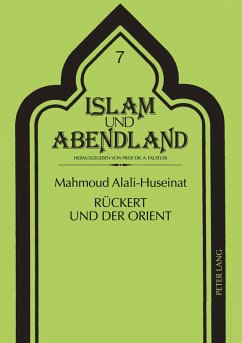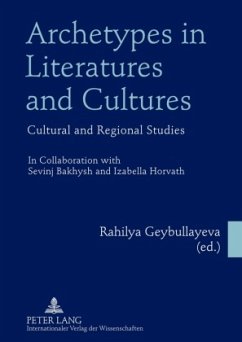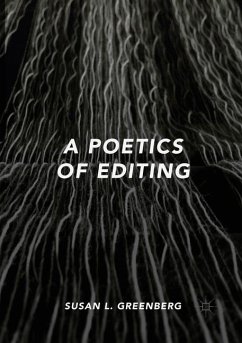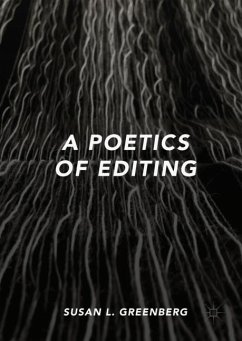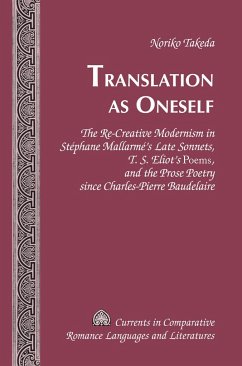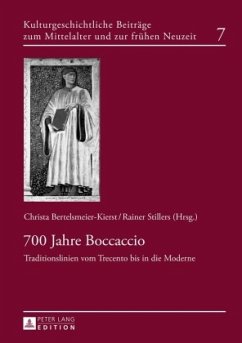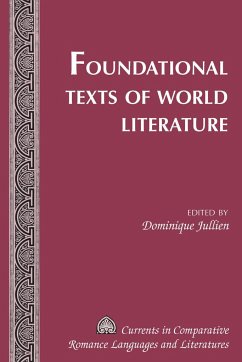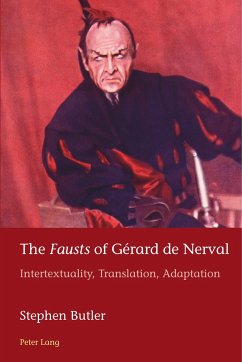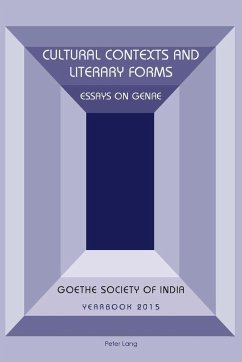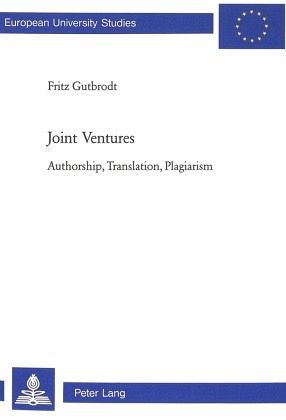
Joint Ventures
Authorship, Translation, Plagiarism. Habilitationsschrift
Versandkostenfrei!
Versandfertig in 6-10 Tagen
133,80 €
inkl. MwSt.

PAYBACK Punkte
0 °P sammeln!
The book discusses the concepts of authorship, translation, and plagiarism in literature and philosophy from 1750 to 1850, offering detailed readings of Young, Goethe, Poe, and Baudelaire in the context of contemporary and current debates about literary theory and criticism. Originality, translation, and plagiarism have played an important role in the cultural construction of authorship. While originality provided the basis for a modern concept of aesthetics and intellectual property, the 18th-century relegated translation to a secondary role in the transmission of literature and knowledge. Pl...
The book discusses the concepts of authorship, translation, and plagiarism in literature and philosophy from 1750 to 1850, offering detailed readings of Young, Goethe, Poe, and Baudelaire in the context of contemporary and current debates about literary theory and criticism. Originality, translation, and plagiarism have played an important role in the cultural construction of authorship. While originality provided the basis for a modern concept of aesthetics and intellectual property, the 18th-century relegated translation to a secondary role in the transmission of literature and knowledge. Plagiarism underwent an even more radical reassessment with the advent of the figure of the original genius and the call for copyright protection. Drawing on current discussions the study investigates how the relationship between texts undermines Romantic notions of authorship and originality. Language and the act of writing are always some form of joint ventures.




